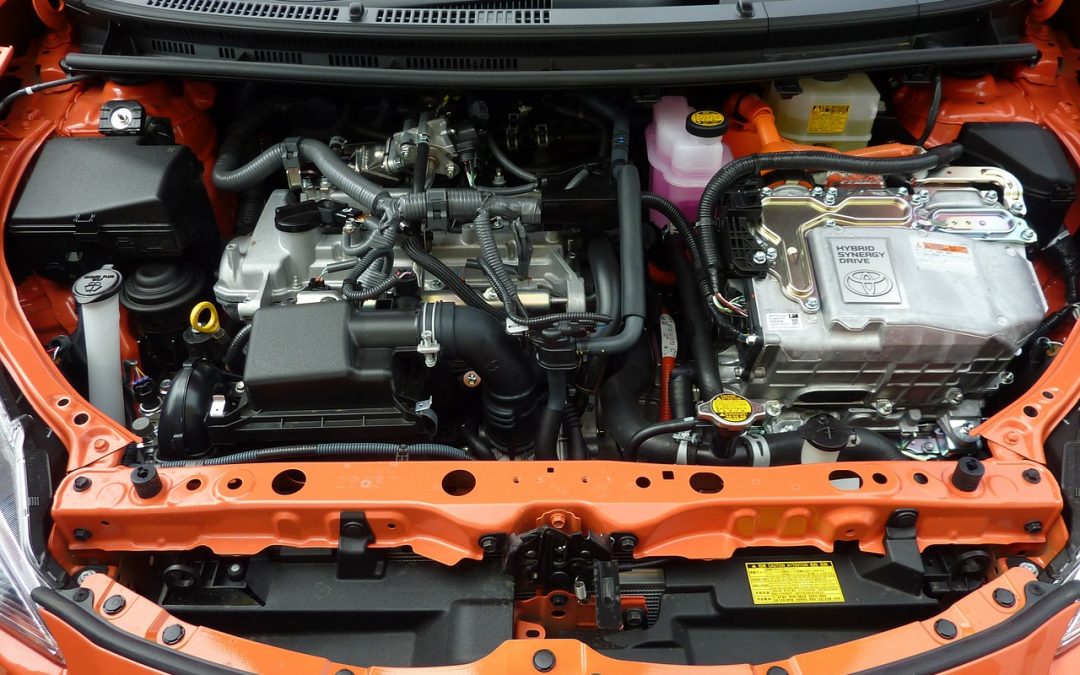When deciding upon a motor that works, we all know about DC or AC motors. However, most of us don’t see the difference between the two. So which is better, AC or DC Motors?
DC stands for “direct current,” which has higher startup requirements but tends to be quicker. AC motors have low startup demands and higher durability. ACs are preferred because of their long life span and ability to change power levels based on phases.
In the rest of this article, we are going to explore the differences between these electric motors. As you might expect, the type of motor you need changes depending on why you need the engine.
What is an AC Motor?
AC motors, known as alternating current, creates a magnetic field that switches between positive and negative voltage. Their construction allows for some flexibility, allowing them to be found in the following applications:
- Computers
- Air conditioners
- Common appliances
- Hydraulic pumps
Alternating currents also include variable-frequency drives to control the speed and torque of the motor. Examples include induction motors and linear motors.
What is a DC Motor?
Contrary to AC style, DC motors offer a direct current with low electromagnetic interference. These motors provide control over the speed of the motor and greater control working on battery power.
Given their narrow focus, they are typically less efficient and more expensive. However, DC motors have quick response times due to not alternating between positive and negative currents through magnetic fields.
Below are some typical applications:
- Elevators
- Fabrication units
- Sewing machines
- Anything that requires constant power
DC motors typically have a higher chance of failing. In particular, brush-style DC motors need to stay in constant contact. Without friction, these motors do not function with the same level of efficiency.
AC vs. DC – Which is Better?
The design of these applications results in different levels of electrical power. Different levels behind these power sources apply to a range of applications. So when asking which is “better,” that is a loaded question.
AC power is better for low-precision energy. That means computers, everyday appliances, and those that meet bare minimum strength are great in these. That’s why the most common type of battery you see in your every day works.
DC electricity is a more direct and constant source of energy. For example, AA batteries put out a continuous 1.5 volts of power. Eventually, they go down to about 1.35 volts. To address these stringent demands, many items that require DC energy have a converter.
Final Thoughts
When wondering which of these is better for you, those that produce the electronics typically worry about these questions for you. So when thinking about speed, induction motors, speed control, and your engine’s brushes, you don’t usually have to worry about this.
However, having the basic knowledge of different types of motors will help you in the decision process. Having this understanding in the back of your mind will help you when needing to make any motor repair or replacement.

